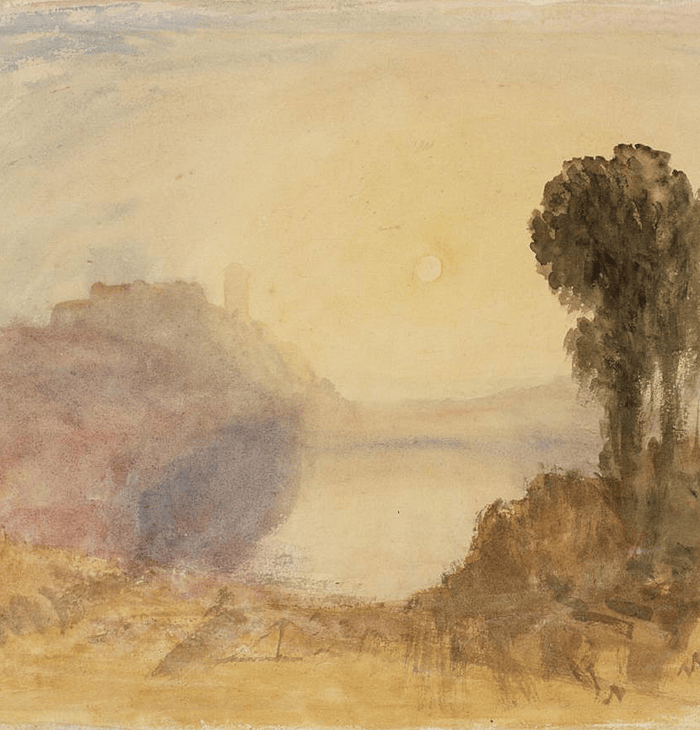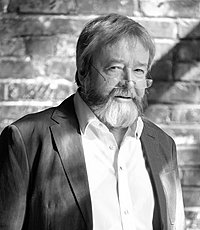In his final Sophia Lecture, “Finitude and the Infinite,” Dr Iain McGilchrist grapples with the vital role that the imagination plays in the perception of reality, and what this power can disclose about reality itself. He shows that imagination has the capacity to make contact with an illimitable, irreducible, and inexhaustible world, one that presents itself to us under the aspects of finitude and infinitude.
Beginning with the English Romantic poets, McGilchrist shows how these artists resisted the habits of perception that can be associated with the brain’s left hemisphere. This part of the brain is adept at rendering, representing, and modeling, but it does so at the cost of simplifying whatever it constructs. Poets like Wordsworth, Keats, Shelley, and Blake strove to remove the film of familiarity from their vision. For them, imagination was the power that made intuitive connections and integrative “leaps,” giving access to a richer, unbounded reality not subject to the strictures of reductive categories.
In dialogue with physicists, philosophers, and mathematicians, McGilchrist ultimately shows how the vision of the world offered by the Romantic poets lays claim to the infinite and the eternal. For these artists, eternity is “adverbial”: it is a way of being, a manner, and a modality. McGilchrist convincingly shows us that we, too, can decline to see the world through categories that are measurable, predictable, and countable—but finally lifeless; like the poets whom he takes as his main interlocutors in this lecture, we can, instead, open ourselves to reality’s boundless, vital, and infinite character
Authors and Works Mentioned in this Episode:
- William Wordsworth - Preface to the Lyrical Ballads
- Samuel Taylor Coleridge - Biographia Literaria
- Percy Bysshe Shelley - A Defence of Poetry
- Max Scheler
- William Blake
- Richard Feynman
- James A. Shapiro
- Denis Diderot
- Barbara McClintock
- William James
- Albert Einstein
- Leonhard Euler
- William Wilson Morgan
- Richard Feynman
- The Ancient of Days (William Blake, 1794, watercolor etching)
- Nicholas of Cusa - De Docta Ignorantia
- Jason Padgett
- Gottfried Wilhelm Leibniz
- Galileo Galilei
- David Hilbert
- Henri Bergson
- Richard Wagner
- Isaac Luria - Lurianic Kabbalah
- Edward Nelson
- Alfred North Whitehead
- Eugène Minkowski
- Heraclitus
- Jordan Peterson
- Zeno of Elea
- John Milton
- John Keats
- Jorge Luis Borges
- Martin Heidegger
- Tao-te Ching
- William Blake - “The Tyger”
- Emily Dickinson
- Marianne Moore
- Robert Browning - “Two in the Campagna”
- Bhagavad Gita
- Peter Cook
- John Polkinghorne
- Mary Midgley
- René Descartes
- Friedrich Wilhelm Joseph von Schelling
- J. B. S. Haldane
- Lee Smolin
- Eugene Koonin
- Hildegard of Bingen - The Choirs of Angels
- Christ Pantocrator and Signs of the Zodiac
- C. S. Lewis
- Johannes Kepler
- Jesus



